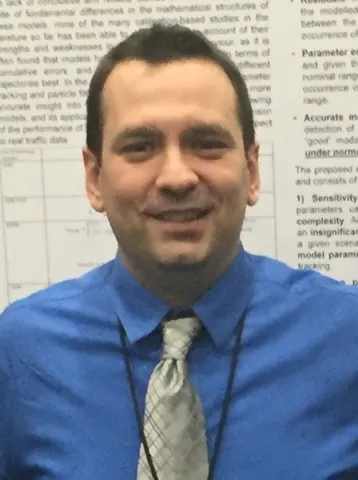About the project
Fully connected and autonomous vehicles are expected to become commonplace in the near future, but highway design practices are outdated and in dire need of revision. This project investigates the influence that vehicle automation could have on optimising highway design features in terms of traffic efficiency, safety and environmental sustainability.
The road transport sector has undergone radical transformation over the last few decades and is expected to continue doing so due to technological developments. Ubiquitous connectivity, alternative fuels and partial vehicle automation are now very much a reality, with further advances, such as fully connected and autonomous vehicles, expected to become commonplace in the near future.
Nevertheless, even though the nature and characteristics of traffic in urban, inter-urban and rural environments have changed, highway design practices are still based on the same conventional principles that were developed in the mid-20th Century. There is a need to revise these, likely sub-optimal, established practices in order to devise highway geometries addressing the new transport reality.
The aim of this project is to investigate the influence that varying degrees of vehicle automation could have on optimising highway design features in terms of various criteria, such as traffic efficiency, safety and environmental sustainability. Tasks will include:
- evaluating highway design standards from the UK and other countries
- calibrating and executing microscopic models of traffic flows with varying compositions of partially and fully autonomous vehicles
- developing a method for measuring the degree to which existing highway design standards address different scenarios and contexts of vehicle automation
- applying optimisation techniques to a set of specific case studies in order to come up with more efficient highway designs
The School of Engineering is committed to promoting equality, diversity inclusivity as demonstrated by our Athena SWAN award. We welcome all applicants regardless of their gender, ethnicity, disability, sexual orientation or age, and will give full consideration to applicants seeking flexible working patterns and those who have taken a career break.
The University has a generous maternity policy, onsite childcare facilities, and offers a range of benefits to help ensure employees’ well-being and work-life balance. The University of Southampton is committed to sustainability and has been awarded the Platinum EcoAward.
